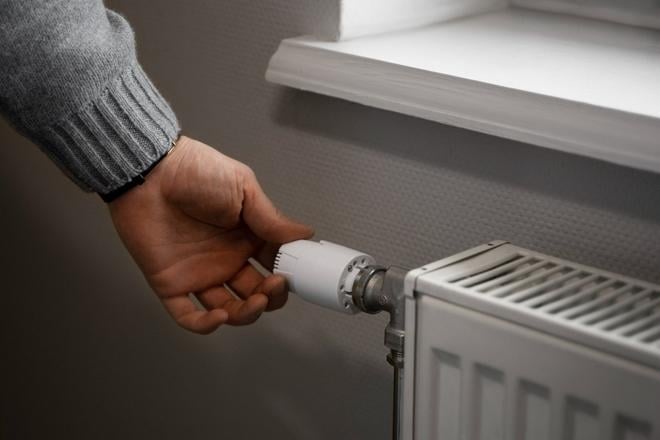Prime Minister Robert Fico has announced that energy prices for the vast majority of households will remain frozen through 2026, in a move that sidesteps EU recommendations for targeted support and risks placing further pressure on the country’s public finances.
Under the plan, at least 90 percent of households will receive state subsidies on heating and gas, with electricity prices also capped under a pre-existing deal with the national utility. Fico claimed the decision was necessary to protect households from rising living costs, but critics say the policy is a politically convenient giveaway that fails to address deeper structural and budgetary challenges.
Speaking in a video message over the weekend, Fico admitted that his economy minister, Denisa Saková (Hlas), had prepared a more selective, needs-based support system. However, he said identifying who qualifies for help based on income is “extremely difficult” in Slovakia’s current economic environment.
Rather than establish a comprehensive means-testing mechanism, the government opted for near-universal coverage. Households in the top 10 percent income bracket will be excluded, but any claims of unfairness or hardship among them will be assessed individually by the Economy Ministry.


